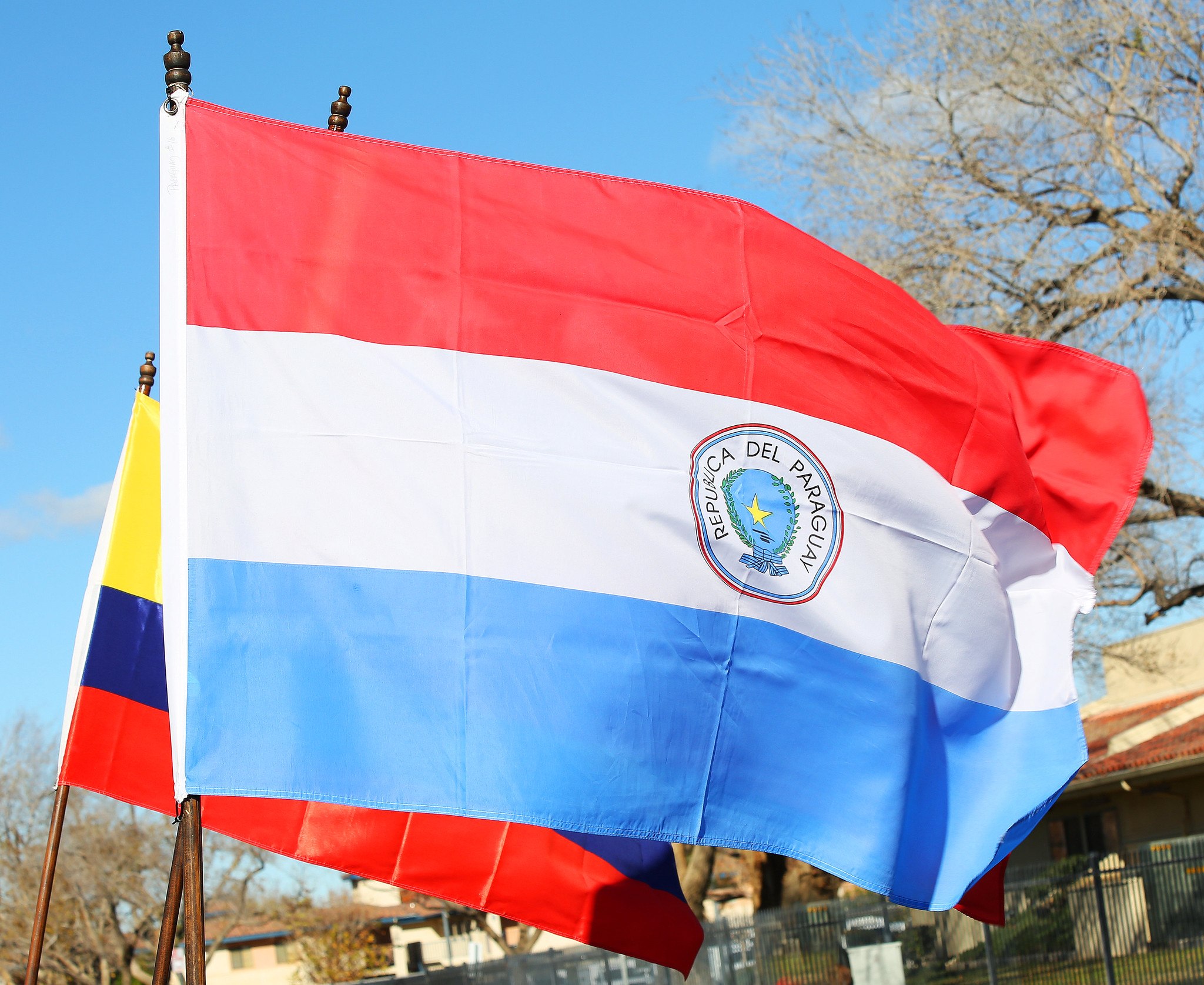
Key Takeaways
- A hacked tweet from Paraguay's president falsely announced Bitcoin as legal tender, causing a rapid price surge above $110,000.
- The hoax was quickly debunked by the government, but not before algorithmic trading and market speculation amplified the price move.
- Similar incidents highlight the vulnerability of markets to misinformation and the importance of verifying sources before taking action.
At 00:53 GMT on June 10, 2025, the verified X account of Paraguayan President Santiago Peña announced that Paraguay had approved Bitcoin as legal tender and established a $5 million Bitcoin reserve.
The English-language tweet, which included a wallet address for users to ‘stake BTC,’ was quickly flagged as suspicious and deleted after the Paraguayan government confirmed the account was compromised.
The official government statement clarified:
‘The president’s account had been compromised and the information was false.’
Bitcoin price reaction
Despite being a hoax, Bitcoin’s price surged over 4%, hitting $110,450—one of the highest intraday jumps in the quarter.
The move was amplified by simultaneous bullish factors, including US-China trade talks and the passage of the CLARITY Act, which clarified US regulatory oversight of digital assets.
A pattern of market-moving hacks
This incident follows previous high-profile account compromises, such as the 2020 Twitter hack targeting Barack Obama and Elon Musk, and the 2024 SEC account breach that falsely announced spot Bitcoin ETF approval.
These events often lead to pump-and-dump schemes or scams, though in the Paraguay case, the posted wallet held only $4.
Protecting against misinformation
To avoid falling for similar hoaxes, users are advised to verify sources, scrutinize language, and never interact with wallet addresses in social media posts.
Security tools and a cautious approach can help safeguard against fast-moving misinformation that still impacts bitcoin markets.




